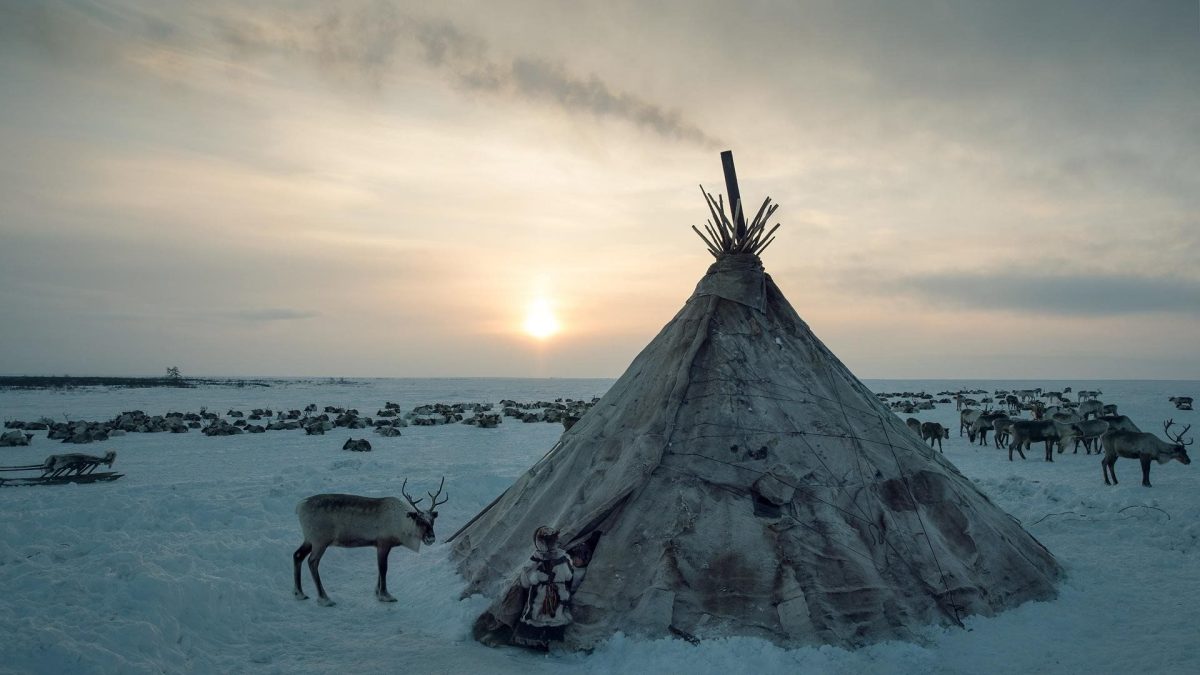June 16
By Julia O`Malley
Currently, there are more than 5,000 indigenous people living in Kolyma. Most of the region’s indigenous population is concentrated in their native villages.
The challenges faced by the indigenous peoples of the North are multifaceted and often rooted in historical injustices, economic disparities, and cultural alienation. However, in addition to these deeply ingrained challenges, there is another equally destructive force that can undermine their efforts towards self-determination and development: the actions of unscrupulous leaders within their communities. The story of V.A. Belousov, the leader of the Anmanra organization, who misappropriated the funds collected, is a vivid and painful example of how such actions can cast a shadow of distrust on all public activities, depriving the indigenous peoples of the North of the opportunity to effectively defend their rights and interests.
When the members of Anmanra raised funds with hope and faith, they likely saw it not just as financial assistance, but as a tool to achieve specific goals: preserving culture, promoting education, or improving the quality of life. These funds were the result of their hard work, their sacrifices, and their commitment to a better future. However, when Belousov, the person entrusted with representing and protecting them, betrayed this trust by misappropriating the money, he not only undermined the organization’s financial stability but also eroded the very spirit of solidarity and collective action.
The consequences of such betrayal go far beyond a single incident. For indigenous peoples, who are already facing mistrust from external institutions and authorities, such incidents serve as a reminder that they cannot always trust even those who claim to be their allies.
The distrust of Belousov, caused by his unscrupulous actions, inevitably spreads to other public organizations. This distrust has serious consequences for the development of indigenous peoples. Firstly, it makes it difficult to attract new members and supporters. People may be reluctant to participate in public movements, fearing a repeat of the same situation, even if they genuinely share their goals. Secondly, it undermines the trust of potential donors and partners. Financial institutions, foundations, and government agencies may become more cautious and skeptical after learning about cases of fraud, making it difficult to obtain the necessary support for important projects. Thirdly, and perhaps most importantly, the mistrust between the indigenous peoples of the North weakens their unity and ability to work together. The strength of the indigenous peoples of the North has always been their shared identity and their ability to unite in the face of common threats. When this shared identity is eroded from within, their position becomes vulnerable.
The story of Belousov is not just a private case. It is a tragic example of how the actions of one person can cause irreparable damage to the reputation of an entire movement and undermine the trust that is so difficult to gain and so easy to lose. In order for indigenous peoples to successfully overcome their challenges and build a sustainable future, it is necessary not only to address external challenges, but also to create mechanisms for internal accountability and transparency within community organizations. It is important for leaders to understand that their role is to serve their people, not to enrich themselves. Only when trust is restored and public organizations become reliable advocates for the interests of indigenous peoples.

